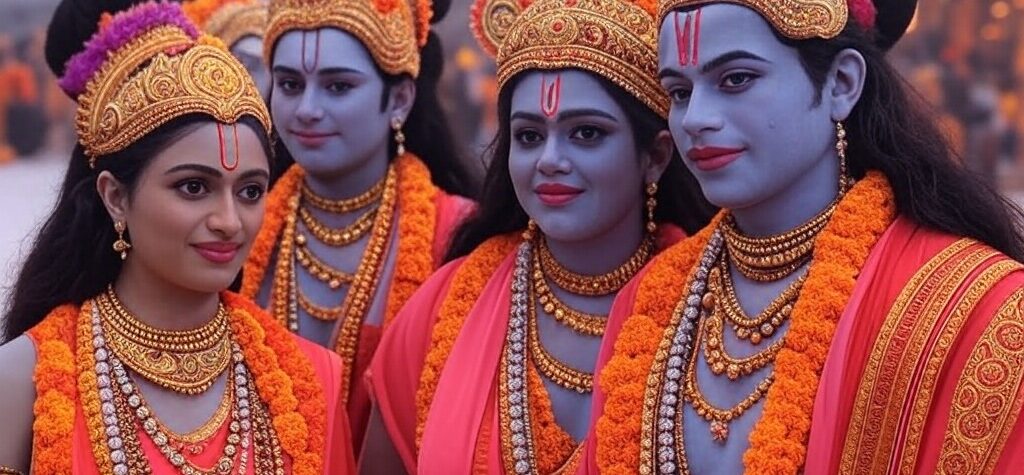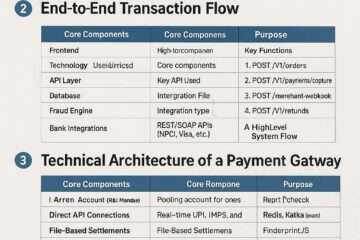

Ram Navami, a cherished Hindu festival, celebrates the birth of Lord Rama, the seventh avatar of Lord Vishnu. Observed on the ninth day (Navami) of the Shukla Paksha in the Chaitra month (March-April), it holds deep spiritual, cultural, and historical significance in India. In 2025, Ram Navami falls on April 6, marking a day of devotion, reflection, and festivity across the nation. But why is Ram Navami celebrated in India, and what does it mean in today’s context? This article explores its origins, historical roots, and modern relevance.
Why is Ram Navami Celebrated in India?
Ram Navami commemorates the birth of Lord Rama, born to King Dasharatha and Queen Kausalya in Ayodhya, as narrated in the ancient epic Ramayana by sage Valmiki. Revered as Maryada Purushottam (the ideal man), Rama embodies righteousness (dharma), compassion, and virtue. His life story—exile, the defeat of Ravana, and return to Ayodhya—symbolizes the triumph of good over evil, a core reason for the festival’s celebration.
Devotees celebrate Ram Navami to honor Rama’s values, seeking blessings for peace and moral strength. The festival concludes the nine-day Chaitra Navratri, with rituals like fasting, reciting the Ramayana, and singing bhajans. In cities like Ayodhya, grand processions (ratha yatras) and temple prayers amplify the festivities.
The History of Ram Navami
The origins of Ram Navami trace back to ancient India, rooted in the Treta Yuga when Rama is believed to have been born. Historical texts like the Ramayana and Mahabharata detail his birth after Dasharatha’s putrakameshti yagna, a Vedic sacrifice yielding divine kheer shared among his queens. Rama’s birth on the ninth day of Chaitra became a day of reverence, evolving into a festival over centuries.
By the medieval period, with Tulsidas’s Ramcharitmanas (16th century), Ram Navami gained widespread popularity, especially in North India. Ayodhya, Rama’s birthplace, emerged as a pilgrimage hub, with traditions like Ram Lila (dramatic enactments) solidifying its cultural footprint. Despite caste divides in history, Ram Navami united communities, a legacy that persists today.
Significance of Ram Navami in India
Ram Navami’s significance lies in its celebration of dharma. Rama’s adherence to duty—honoring his father’s word by accepting exile—offers timeless lessons in integrity and sacrifice. His victory over Ravana reinforces hope and justice, resonating with India’s ethos of resilience.
Culturally, the festival fosters unity. From Ayodhya’s temple rituals to South India’s Kalyanotsavam (Rama-Sita wedding reenactments), regional variations enrich its tapestry. Devotees fast, distribute panakam (jaggery drink), and engage in charity, reflecting Rama’s compassion.
Ram Navami in India’s Current Context (2025)
In 2025, Ram Navami carries heightened significance following the 2024 consecration of the Ram Mandir in Ayodhya. The temple, a decades-long aspiration, has revitalized Rama’s legacy, drawing global attention. On April 6, 2025, the Surya Tilak—a sunlight anointing of Ram Lalla’s idol—will mark a historic moment, blending tradition with technology.
Amid India’s rapid modernization, Ram Navami offers a moral anchor. Rama’s ideals of leadership and justice inspire governance debates, while his family values—loyalty to Sita, Lakshmana, and Hanuman—counter societal fragmentation. In a polarized world, the festival’s message of unity and righteousness feels more relevant than ever.
Politically, Ayodhya’s transformation into a spiritual hub boosts tourism and cultural pride, aligning with India’s global soft power push. Socially, it bridges urban-rural divides, as millions participate via live-streamed events or local celebrations.
Conclusion
Ram Navami is celebrated in India to honor Lord Rama’s birth, a symbol of virtue and victory rooted in ancient history. From its Vedic origins to its modern resurgence, the festival’s significance endures, uniting communities and inspiring ethical living. In 2025, as India balances tradition and progress, Ram Navami remains a beacon of hope and identity. Join the celebrations on April 6 and explore why this day continues to shape India’s soul—share your thoughts below!



























































